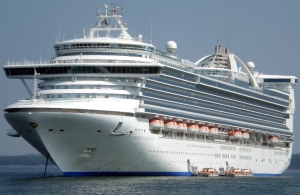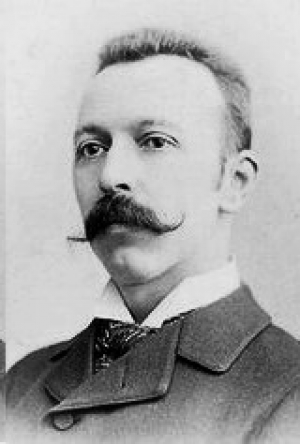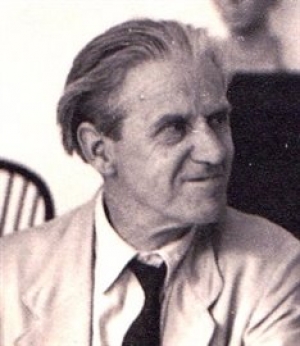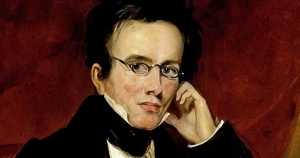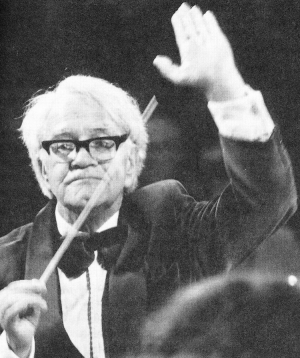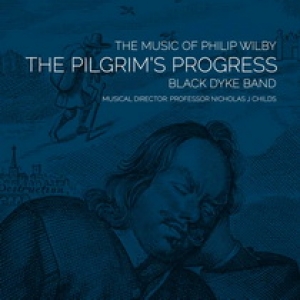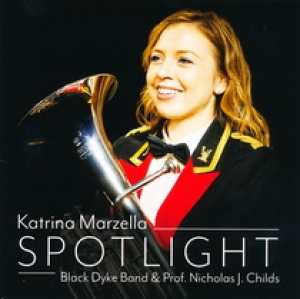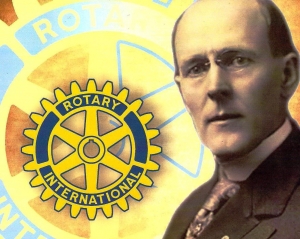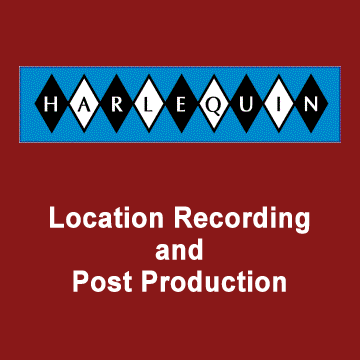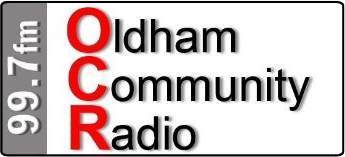Chris Helme
Sorry no concert today I am away as a guest lecturer on this ship... Normal service will resume shortly....
Léon Boëllmann (25 September 1862 – 11 October 1897) was a French composer, known for a small number of compositions for organ. His best-known composition is Suite Gothique (1895), which is a staple of the organ repertoire, especially its concluding Toccata.
This work was arranged for brass bands by Eric Ball in 1970 and was the set test at the UK second section area test piece in 1971. Since then it has been used many times as both a set test and an own choice test piece. The most recent being in 2017 at the Rochdale contest when the Denton band had it as its own choice 4th section test piece.
It has been recorded by brass bands many times. The slow movement has often been used as a stand-alone concert piece of music.
On this week’s show is a 2006 performance by Brass Band Fröschl Hall (Austria) conducted by Hannes Buchegger of the 3rd and 4th movements.
Enjoy the show.
Maurice Johnstone was born at 8 Albert Road, Didsbury, Manchester, on 28th July 1900, son of Edward Johnstone, an Insurance Manager, and Mary Whitmore Johnstone (nee Welch).
He attended St George’s School, Harpenden, Herts, a co-educational independent school, as a boarder, from 1913 to 1918, and then, in his last year, as a day pupil. He became a school prefect that year. He studied at the Royal Manchester College of Music, later renamed The Royal Northern College of Music, from October 1919 till April 1922. There, he met his first wife Helen (nee Jackson), a violinist, whom he married in 1923.
In the summer of 1921, he did some music criticism for the Manchester City News, a local, weekly newspaper which focused on general news and commercial topics but also had some arts reviews.
From May 1922 till March 1923 Johnstone studied composition and conducting at the Royal College of Music in London. He spent 1923-32 working in various shops, including Forsyth’s, the famous Manchester music shop, where he was employed in the record department and as a freelance journalist. Michael Kennedy, writing in ‘The Halle Tradition’, mentions that in 1925 ‘advertisements appeared in the programmes for the 1925-6 Halle Season for ‘a musical bookshop in Deansgate, run by Mr Maurice Johnstone’.
He became secretary to Sir Thomas Beecham in 1932 and remained with him for three years.
From 1935 he worked in the BBC's Music Department, at first in London, then, between 1938 and 1953, as Head of the Corporation's North Region Music in Manchester. In 1953, when he was seconded to London to be Head of Music Programmes (Sound) in the newly formed Music Division, he returned to live in Harpenden.
He retired from the BBC in 1959 and continued to live in Harpenden till his death in April 1976. He was survived by his third wife, Marguerite and his three children, Valerie, Primrose and David.
On this week's show we are playing two tracks of his music - the march Pennine Way and Sea Dogs a concert overture.
Enjoy the show...
Sir John Goss (27 December 1800 – 10 May 1880) was an English organist, composer and teacher.
He was born to a musical family and was a boy chorister of the Chapel Royal, London, and later a pupil of Thomas Attwood, organist of St Paul's Cathedral. After a brief period as a chorus member in an opera company he was appointed organist of a chapel in south London, later moving to more prestigious organ posts at St Luke's Church, Chelsea and finally St Paul's Cathedral, where he struggled to improve musical standards.
As a composer, he wrote little for the orchestra but was known for his vocal music, both religious and secular. Among his best-known compositions are his hymn tunes ‘Praise, My Soul, the King of Heaven’ (1869) and ‘See, Amid the Winter's Snow’ (1871). The music critic of The Times described him as the last of the line of English composers who confined themselves almost entirely to ecclesiastical music.
From 1827 to 1874, he was a professor at the Royal Academy of Music, teaching harmony. He also taught at St Paul's. Among his pupils at the academy were Arthur Sullivan, Frederic Cowen and Frederick Bridge. His best-known pupil at St Paul's was John Stainer, who succeeded him as organist there.
He was knighted on his retirement, and, together with Sullivan, he received an honorary doctorate in music at the University of Cambridge in 1876.
A memorial was erected in his honour in St Paul's in 1886. A century after his death the Fareham Society added a blue plaque to his former home.
‘Praise My Soul the King of Heaven’ was the opening hymn at the funeral service of US President George H. W. Bush. It was also used in 1947 during the royal wedding of H.R.H. Princess Elizabeth, now Queen Elizabeth II, and Prince Philip, Duke of Edinburgh. It was also used as the opening hymn at the 2018 funeral of former U.S. President George H. W. Bush.
‘Praise My Soul the King of Heaven’ is featured on this week’s show, with a brass band arrangement by Dutch composer and arranger Jacob de Haan.
My Sunday Bandstand radio show was started in December 2007. Initially this was a one hour show but was soon extended to the present two hour show.
Since the summer of 2014 all the shows and the playlists have been available on this website. Over the last two years listeners have been asking if a search facility was possible. If a particular piece of music, band or a soloist had been featured on the show would it be possible to have the means on the website to be able to search for it.
Walter Barrow Hargreaves (1907-1998) - He was born in Glasgow and started to play the cornet at four years old. After attending the Royal Scottish Academy of Music he embarked on a professional career as a trumpet player. He returned to his routes in 1944 when he was appointed the conductor of the City of Edinburgh Band. In 1948 he was appointed as conductor at Cory Band on the recommendation of Harry Mortimer. After many big contest prizes in 1950 he left to take up an appointment as professor of trumpet at the Royal Marines School of Music in Kent.
During his brass band career he went on to have major success conducting Crookhall, Kibworth, Markham Main and in particular Brighouse and Rastrick, the Sun Life (Stanshawe) Band and many others.He worked tirelessly as a conductor, adjudicator and transcribed many pieces of music, most of which bands still enjoy playing today.
He is on this week's show conducting Brighouse and Rastrick in 1968 with Henry Geehl's Rhapsody on the Cornish Coast.
Master Brass Volume One 1990 - The first in a series of CDs - terrific music and some great bands. I am looking for just a few of the run of CDs through to number 24 and will then have a complete set.
Paul Harris history
After setting up his law practice in Chicago, Paul Harris gathered several business associates to discuss the idea of forming an organization for local professionals.
On 23 February 1905, Harris, Gustavus Loehr, Silvester Schiele, and Hiram Shorey gathered at Loehr’s office in Room 711 of the Unity Building in downtown Chicago. This was the first Rotary club meeting.
“I was sure that there must be many other young men who had come from farms and small villages to establish themselves in Chicago ... Why not bring them together? If others were longing for fellowship as I was, something would come of it.”
In February 1907, Harris was elected the third president of the Rotary Club of Chicago, a position he held until the fall of 1908. Toward the end of his club presidency, Harris worked to expand Rotary beyond Chicago. Some club members resisted, not wanting to take on the additional financial burden. But Harris persisted and by 1910 Rotary had expanded to several other major U.S. cities.
Harris died on 27 January 1947 in Chicago at age 78 after a prolonged illness.
His death prompted an outpouring of contributions from around the world and his name continues to evoke the passion and support of Rotarians and friends of Rotary.
In 2005 as part of the celebrations for the centenary of Rotary Peter Graham composed 'Celebrate Rotary, a concert march that was first performed by Black Dyke in Cardiff. This piece is on this week's show.


